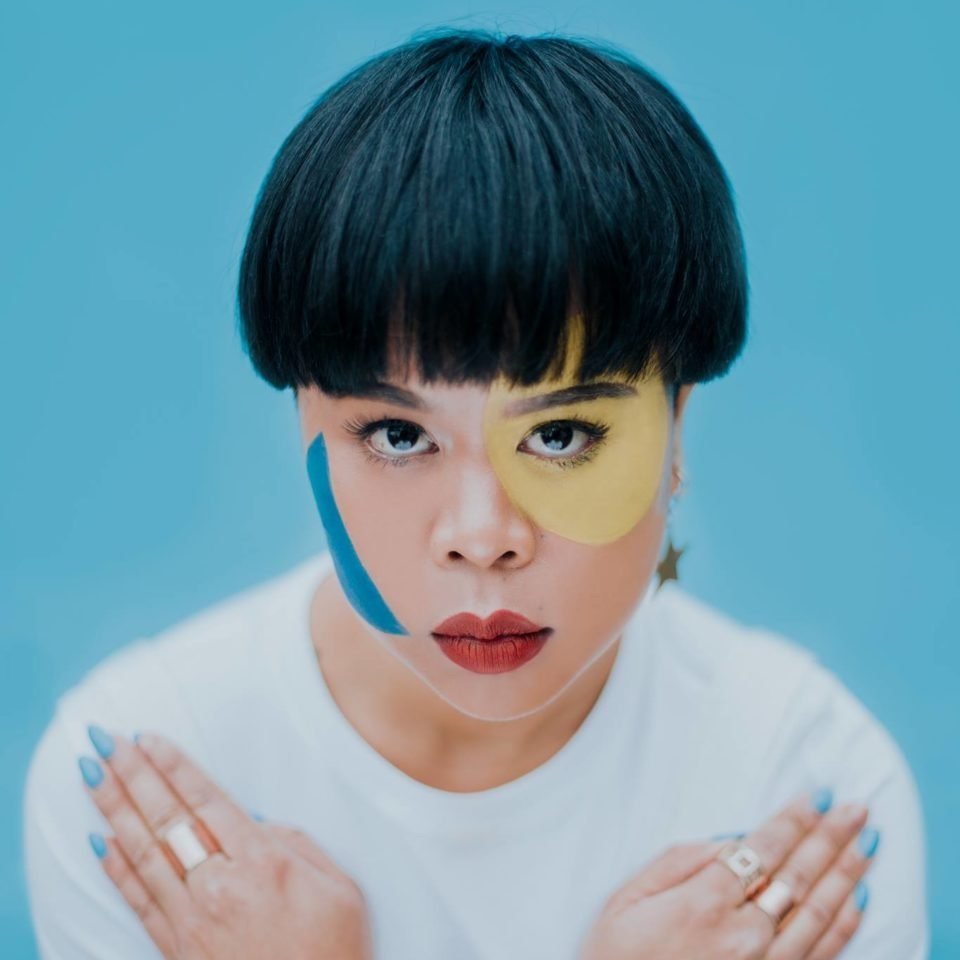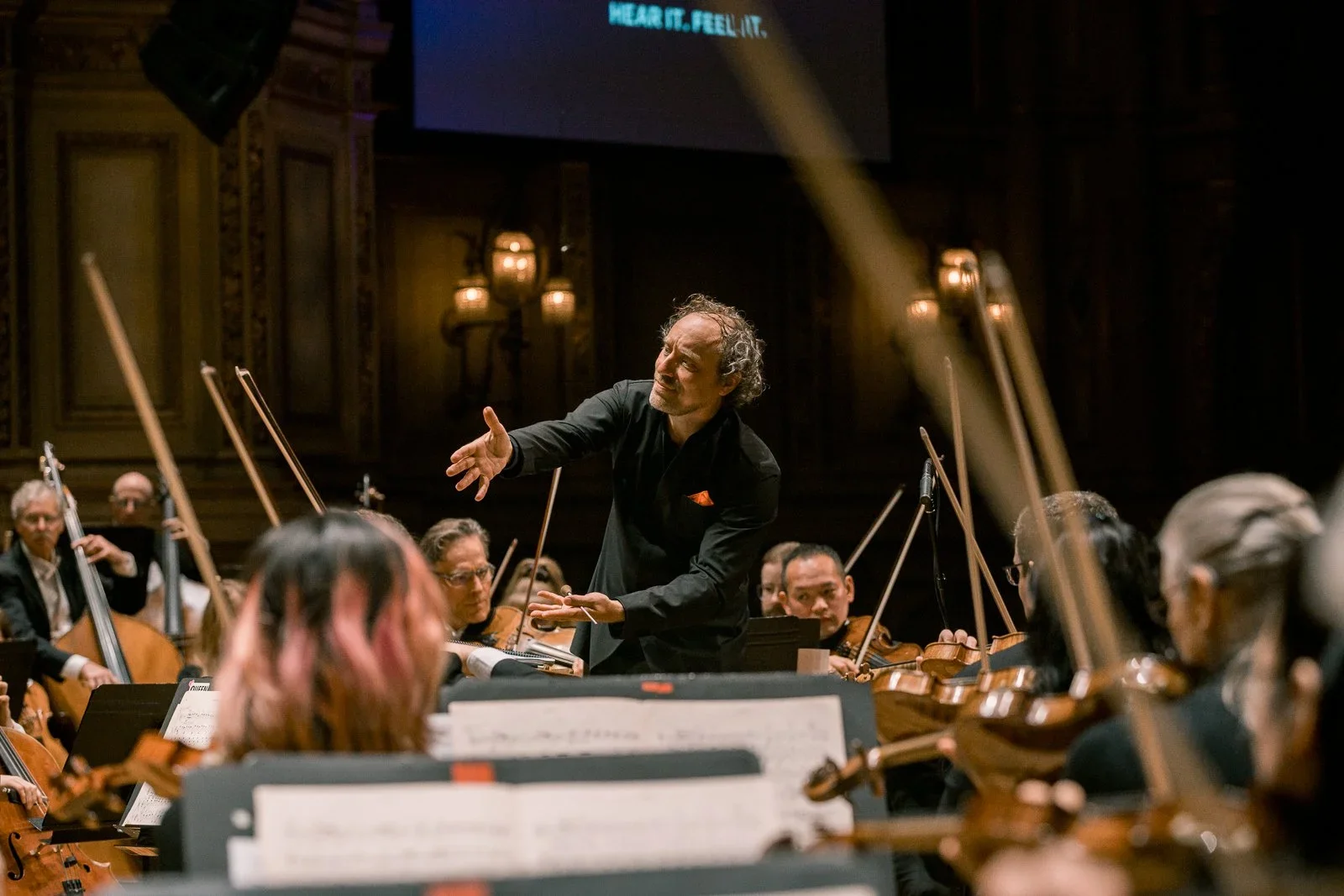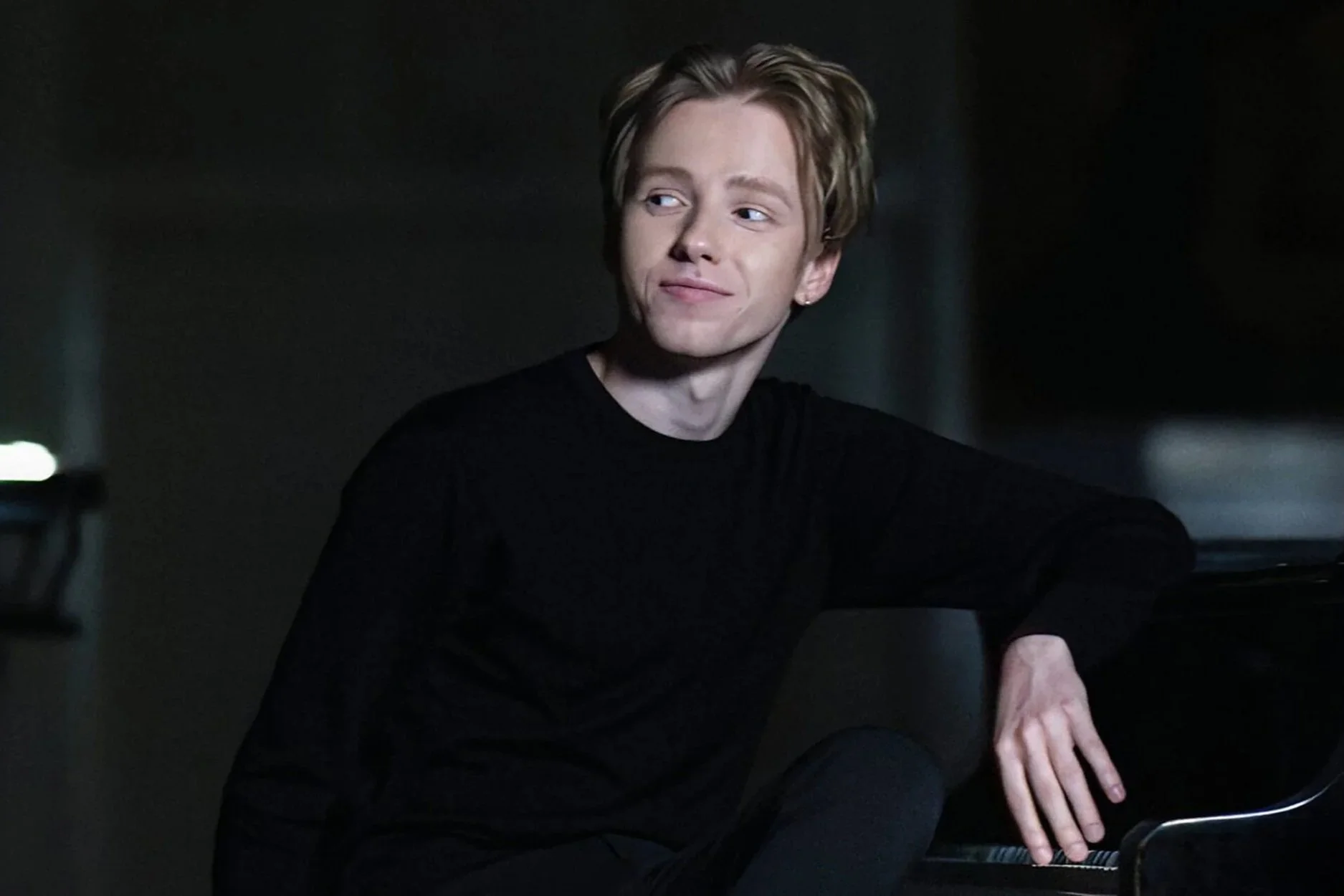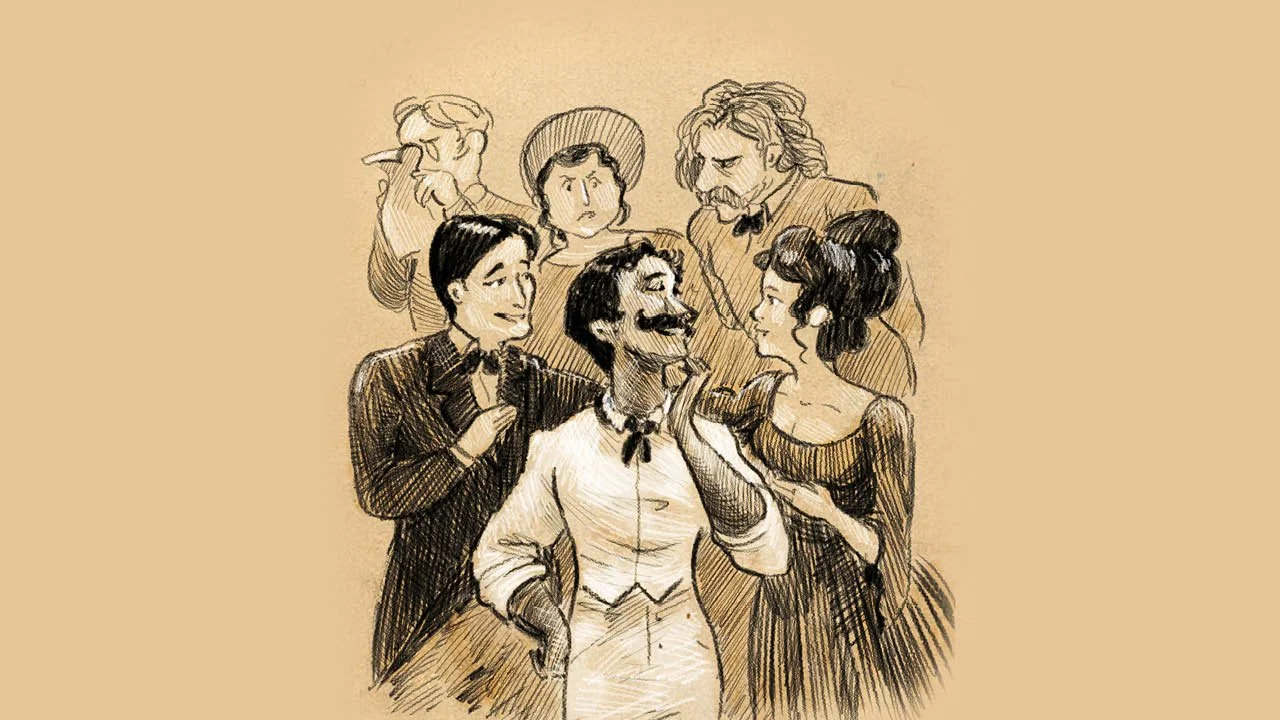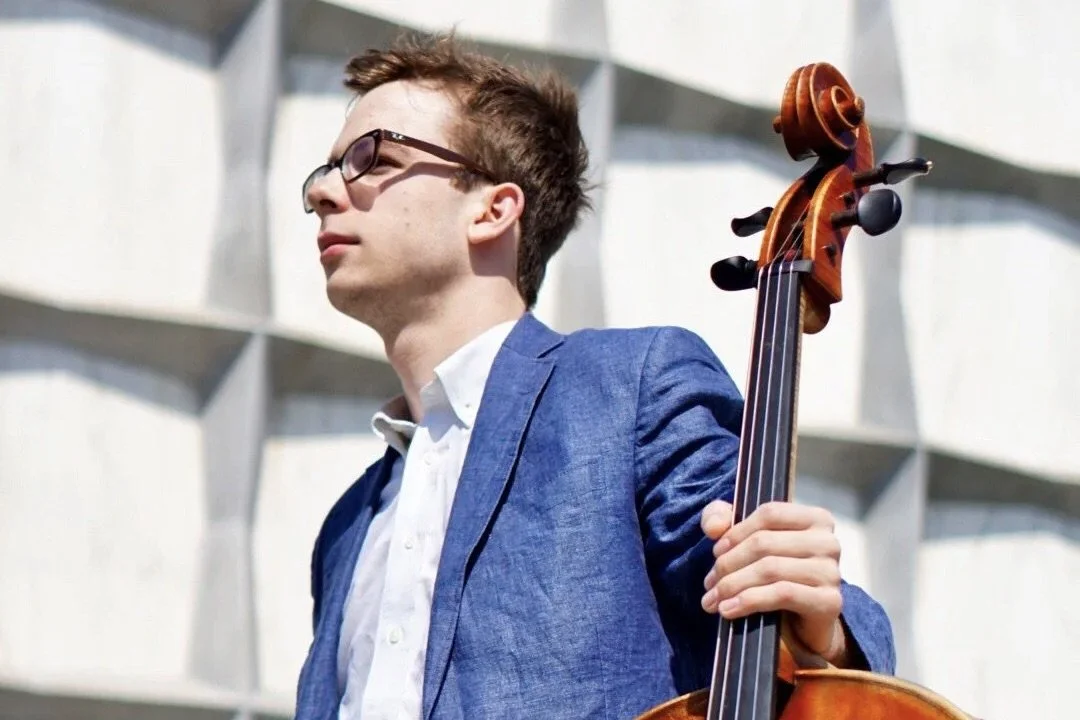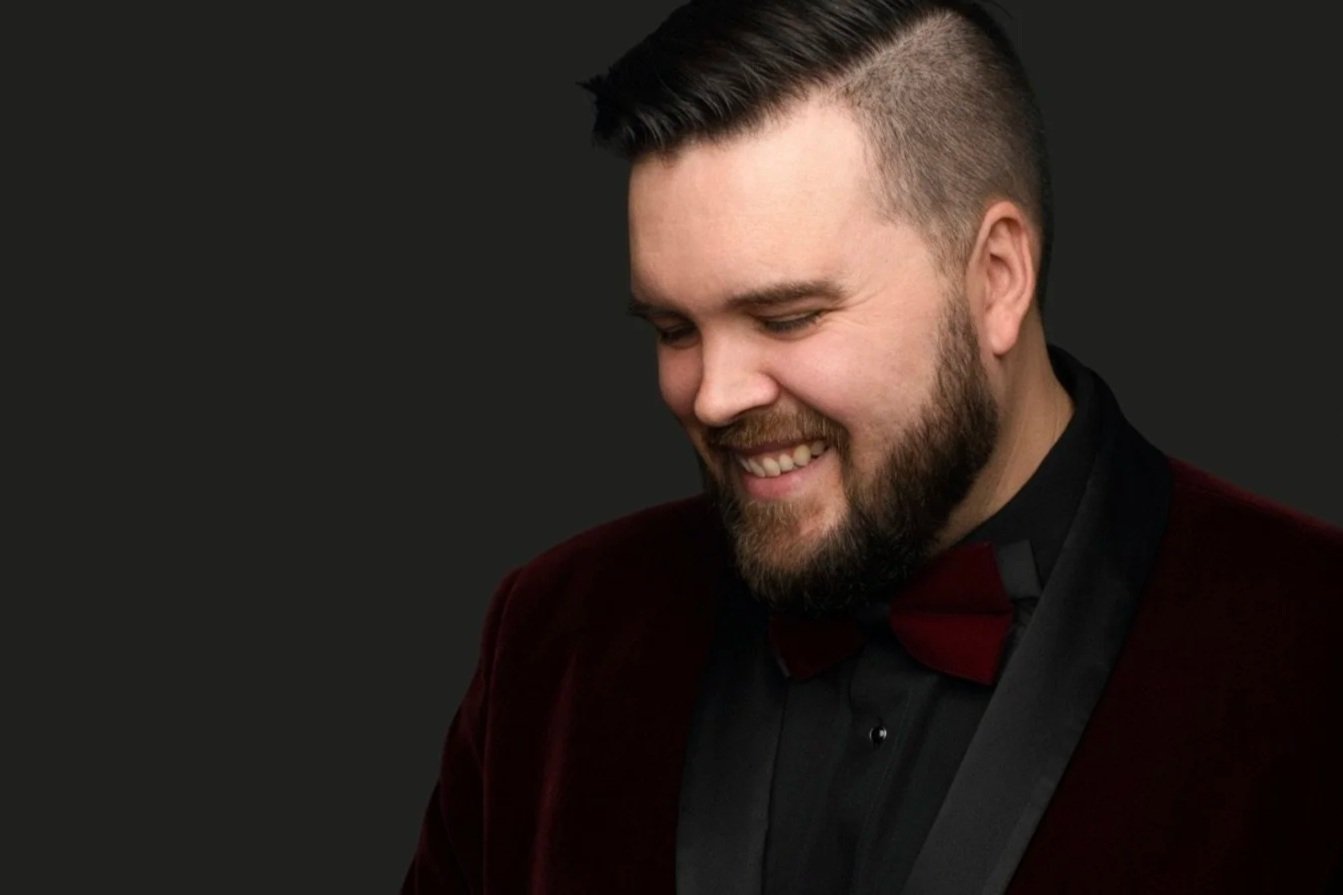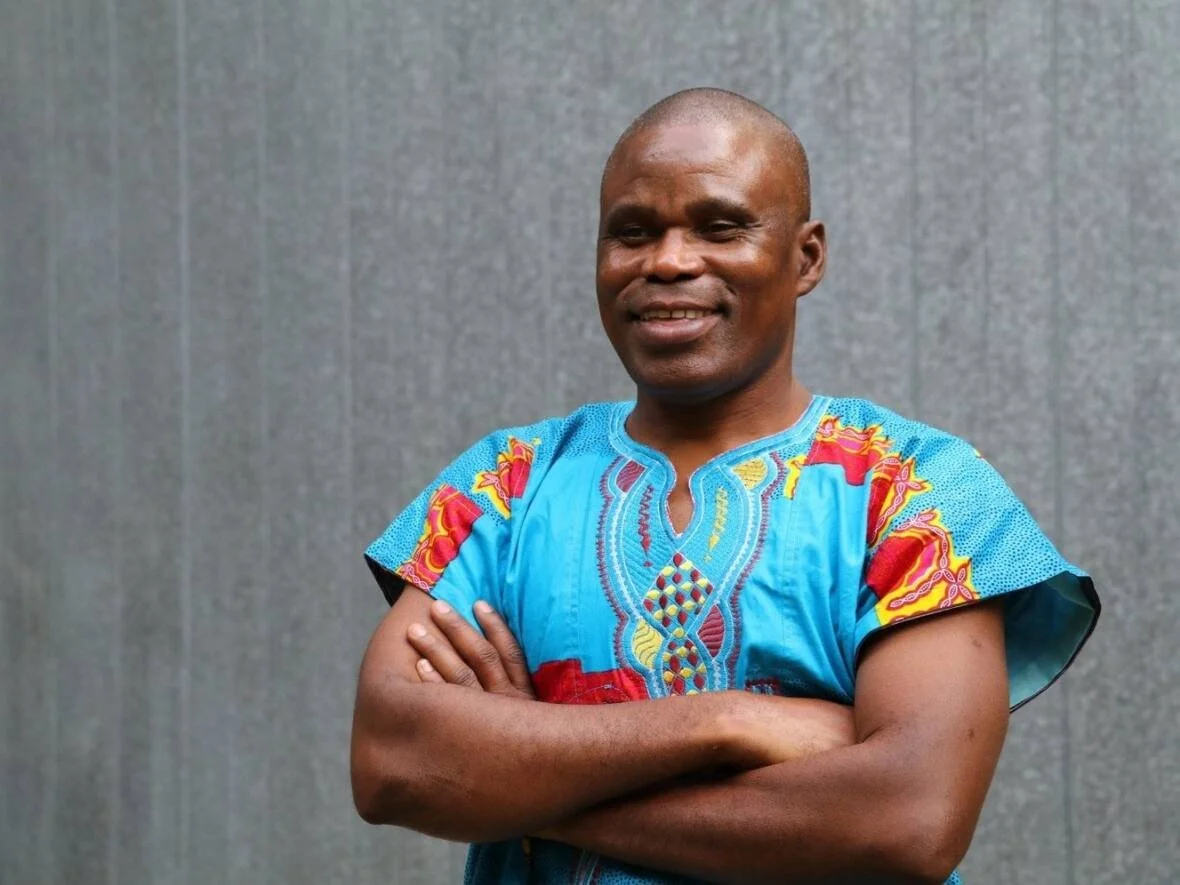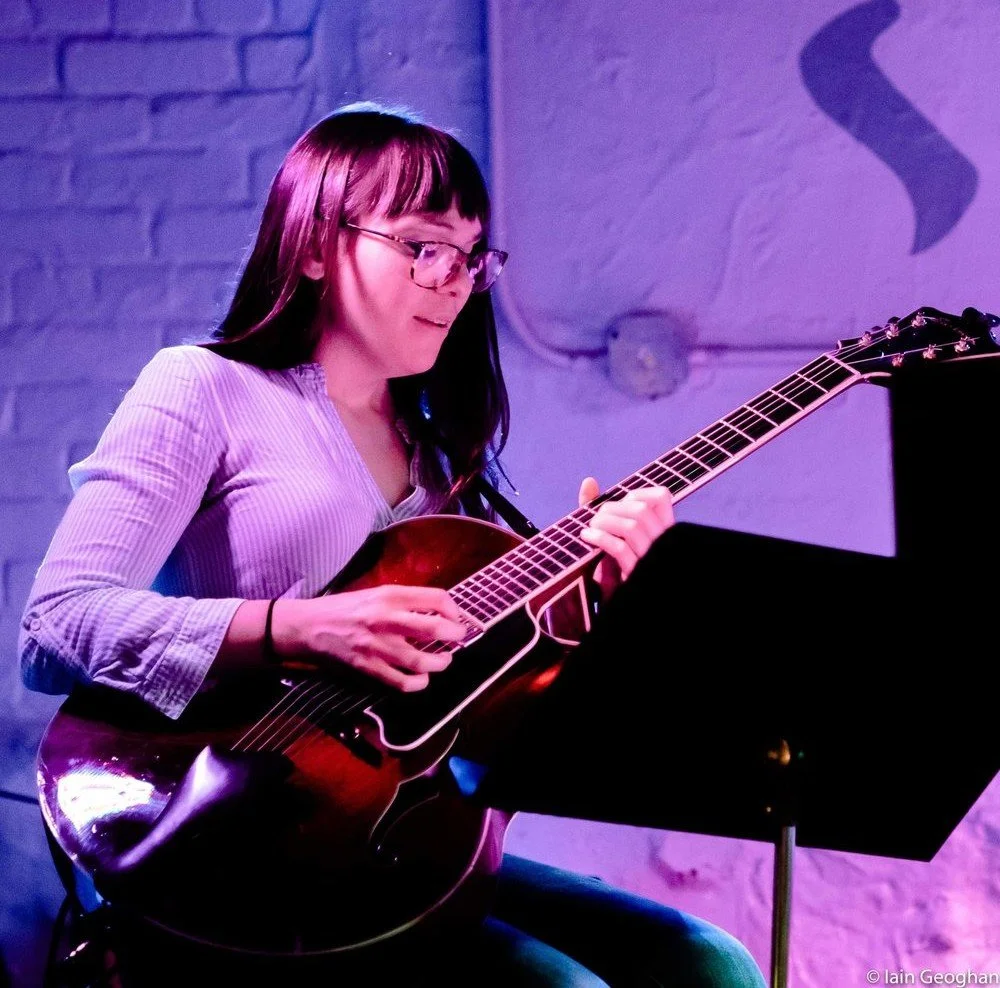K!mmortal reconnects with their ancient queer magic through art
The multidisciplinary, nonbinary, queer Filipinx artist takes to the Chan Centre stage as part of UBC’s ARTIVISM
K!mmortal has performed at SXSW, JUNOfest, Rifflandia, NXNE, and the Winnipeg Pride Festival, among other major events.
The Chan Centre presents K!mmortal as part of ARTIVISM at the Chan Sun Concert Hall on October 22 at 8 pm.
RAP, SOUL, EXPERIMENTAL electronics, thumping beats, spoken word, and live visual-art projections: a K!mmortal concert defies genres. The queer, non-binary Filipinx rapper and singer, who has a background in visual art and theatre, brings their signature style to Chan Centre on October 22 to wrap up UBC’s 2021 ARTIVISM—and along with it, some powerful and pressing themes.
“I like to describe my work as a universe I want to see, am building, and am feeling,” K!mmortal tells Stir. “My work is my expression as a queer nonbinary Filipinx on stolen land reconnecting with my ancient queer magic.”
That expression encompasses key subjects: “queer anticolonial intersectional feminist agenda; learning about connection with community and spirit; the elements—fire, water, air, and ground—and dreams, the unseen, the cosmos”, they explain.
K!mmortal discovered and turned to artistic expression early in life, in part to cope with difficult circumstances at home.
“Growing up, I was very expressive and had a lot of creative energy in me so it was only natural that this energy poured into the arts,” K!mmortal says. “I remember family reunions where I’d perform as the Spice Girls with my cousins. My siblings and I grew up in an abusive household and it was making home videos, writing skits and stories, and making each other laugh that gave us joy during heaviness.
“I also remember being so young and singing in church choirs and acting in church musicals,” they say. “Though a lot of my beginnings in music were in the church, I am no way a Christian, but I have understood something in music that could make me feel my wholeness. I was a regular open-mic performer performing my spoken word on guitar and representing for my community before I started pursuing K!mmortal full time.”
They have gone on to perform at major events across North America, including SXSW, JUNOfest, Rifflandia, NXNE, and the Winnipeg Pride Festival. Their alt-rap/soul/electronic album X marks the Swirl was longlisted for the Polaris Prize and nominated for a Western Canadian Music Award.
“My music has a soulful flow influenced by hip hop music, experimental tangents, and poetic lyrics,” K!mmortal says. “My style and visual art have been inspired by graffiti art, childhood nostalgia, primary colours, and kids shows in the 90s that are extremely comforting to me.
“I remember painting in my tiny studio and listening to tons and tons of spoken word from the Black and brown community before I became a performer,” they add. “I love how a piece of art, writing, poetry, or music can contain our complexities and our contradictions. I believe it's important to express your heart and your truth and push back against that single narrative because it can save lives and can activate other people’s energy.”
Challenging dominant narratives is at the very heart of ARTIVISM, a month-long festival presented by UBC Arts and Culture District. It highlights stories of resilience and student activist art through live performances, workshops, poetry, music, and more. This year’s festival, curated by artistic director and producer Bianca Santana, is themed Queering the Self and has an emphasis on queer storytelling.
Coming from the Dominican Republic, Santana explains that experience as a settler immigrant and person of colour in this country has been unique in its nature.
“It was terrifying to navigate a new environment when you feel you aren’t being seen in the first place,” Santana tells Stir. “Ironically, that fear is essentially what motivated me to be involved in ARTIVISM this year—fear of not being myself.
“What truly motivated me was to be able to give to my community an opportunity to create and exist in a safe space to express ourselves,” she says. “In doing so, I became so much more comfortable with my own way of existing.”
In the lead-up to ARTIVISM, Santana had been exploring the influence of media representation on themes of race, gender, and sexuality during her Media Studies undergraduate at UBC. She scrutinized which topics were not being explored more openly in current media systems, and how she could best provide for her community near and far.
“ ‘Queering the Self’ emerges from the umbrella term ‘queering’ used to address identity and the range of systems of oppression that affect and mediate the way in which we express, interpret, and experience ourselves and the world around us,” Santana explains. “It is a method that can be applied to challenge and question the binaries and systems of oppression that deal with gender, sexuality and other identifying labels.
“I define ‘Queering the Self’ as a means of finding freedom in our identity by transgressing the dominant culture’s ideologies of the ‘normal”, she says, ‘inviting us to observe ‘identity’ as the space between systems of oppression and our idea of belonging, looking into the margins of difference and celebrating the unconventional.”
ARTIVISM’s roots can be traced to one of the core purposes of the UBC Arts & Culture District office, “to serve students better as more than the sum of our parts”, notes Deb Pickman, who handles UBC Arts & Culture District’s special projects. “We aim to offer them a sense of belonging in our cultural spaces and see them benefit from what we have to offer. Art as a powerful way to unpack complex issues, to understand our humanity through shared artistic experiences, and as a powerful part of research. The arts are core to knowledge and connection.”
The UBC festival of the arts for justice and social change was founded four years ago when Pickman asked her then Work Learn program student, Angelic Goldsky, questions to shape their work with her and to find out what they were most passionate about. Goldsky was in the first cohort of UBC’s Bachelor of Media Studies and was the director of UBC Slam, a club that dives deeply into the self and challenges unexamined dominant narratives.
“Angelic said they wanted to have an art festival to showcase student and community creatives who were practicing activism through their art and to give students, who were not necessarily in the performing or visual arts programs, the opportunity to express and develop themselves artistically,” Pickman says, noting that the representation of underrepresented and marginalized student voices was also key to Goldsky’s vision when founding the festival. Various UBC clubs that practice a vast array of art, from ballet and bhangra to rap and music, have been a conduit to reach students interested in participating in ARTIVISM. (Goldsky, meanwhile, went on to do their Master’s of Arts in Arts Politics at NYU Tisch School of the Arts and recently launched an organization called Trans Haven.)
Student-curated programming is part of a new Chan Centre initiative that highlights local independent and emerging artists who are exploring music in new ways.
Although ARTIVISM didn’t exist when K!mmortal studied at UBC, they say they would be involved if they were a student now and are keen to participate this year as a performer.
“I went to UBC for visual arts for five years and it was in this time that I learned about intersectional feminism and about activism within QTBIPOC communities,” K!mmortal says. “When I was a little kid, I wanted to be a teacher and thought I’m not the traditional teacher; being an artist has been a way I can teach and learn.”
For more information, see the Chan Centre and ARTIVISM..


